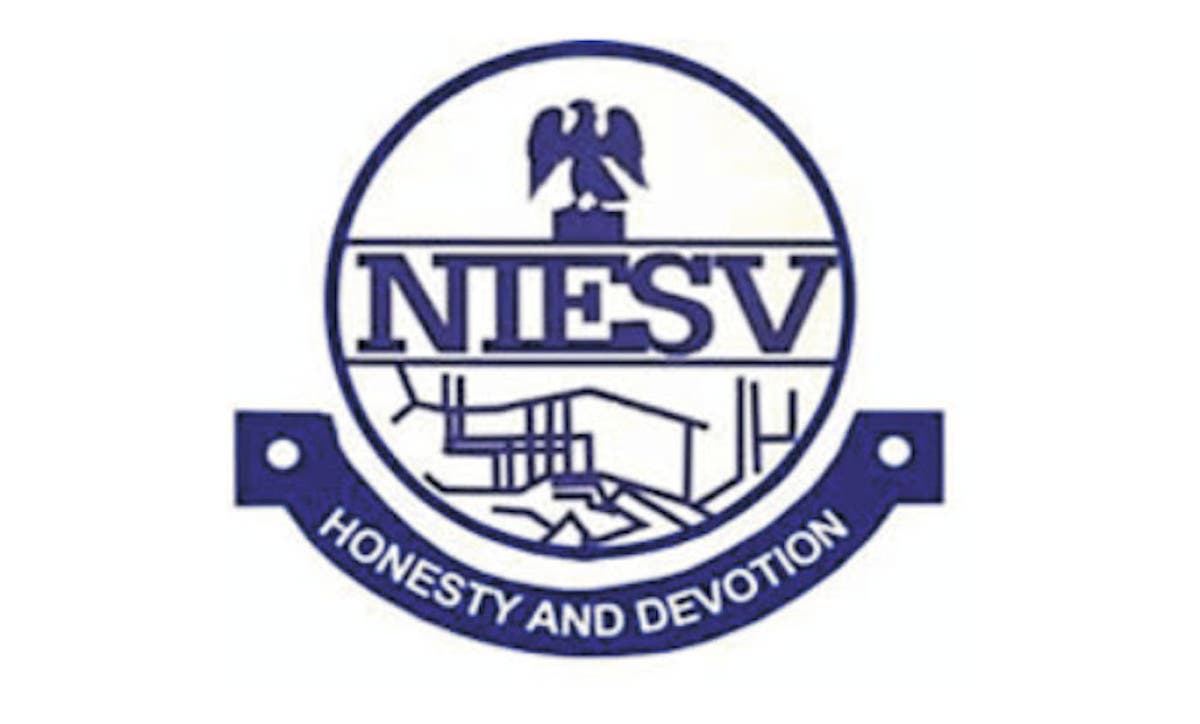‘States can boost property revenue with urban renewal’
Well-planned and carefully executed urban renewal programmes by state governments can boost property revenue and thus improve their Internally Generated Revenue (IGR) profiles, says Muritala Quadri, an estate surveyor and valuer. Quadri, who is the Secretary General of the Nigerian Institution of Estate Surveyors and Valuers (NIESV), FCT chapter, in an interview with Daily Trust, […]

Nigerian Institution of Estate Surveyors and Valuers (NIESV)
Well-planned and carefully executed urban renewal programmes by state governments can boost property revenue and thus improve their Internally Generated Revenue (IGR) profiles, says Muritala Quadri, an estate surveyor and valuer.
Quadri, who is the Secretary General of the Nigerian Institution of Estate Surveyors and Valuers (NIESV), FCT chapter, in an interview with Daily Trust, said a holistic urban renewal which incorporated a robust, innovative land administration system could enhance the capacity of states to earn revenue from property tax.
He emphasised that in the face of competing demands and over-reliance on oil revenue, property tax could be harnessed to boost the revenue profile of states.
Quadri said many states in Nigeria had the potential for exploiting this type of revenue source, especially when they embarked on “aggressive urban renewal.”
He said, “States like Lagos, Kaduna, Kano, Gombe, Cross River, Enugu, Akwa Ibom, Rivers, Plateau, Benue, Ogun, Oyo and some few others have the prospects for a viable property tax which can raise them the required liquidity for projects execution.”
He noted that roads, street lights, waste management, water and other services could be provided with the funds garnered from property tax.
He further said, “In the light of the present reality, revenue from landed investment if well harnessed will be an unfailing and rewarding source of IGR for states and local government areas in Nigeria.
“It can help both the states and local governments to rate and collect tenement and ground taxes on land and different types of property. Through the required bylaws, Land Value Taxation system can be introduced and the enabling instruments for effective implementation put in place.”
He noted that apart from creating an effective and efficient Land Information System (LIS) modelled on a broader basis from the Geographical Information System (GIS), but specifically designed for the needs of estate surveyors and valuers, the state governments could as well compile land registers, a parcel-based property gazetteer and reform the planning system so that every land site and property could be known and hence each site assessed fairly.
He added that land value maps would be used by the tax authorities themselves internally to maintain tax assessments and externally to inform tax payers in a transparent manner as to their liability.
He explained that, “Leveraging GIS and other technologies, the state governments can successfully and effectively run a tax regime on property that will be mutually beneficial to the government, investors and the governed.”
Quadri said the redevelopment of the capitals and other major towns in the states would see the value of property in the domains significantly increase and that it would in turn improve the taxes with overall positive impact on the socio-economic lives of the people.
He further said, “This will open up opportunities for businesses and employment in the states and will reduce the pressure on Abuja and Lagos, among so many other benefits.”
He noted that the renewal would see new layouts spring up as many old tenants who could no longer pay the new rates in the redeveloped areas could now move to the suburbs where they could enjoy well-planned new districts with serene ambience.
Quadri, therefore, said it was time state governors opened up their states for investments so that the rural-urban migration which was having dire consequences on big cities could be arrested.
